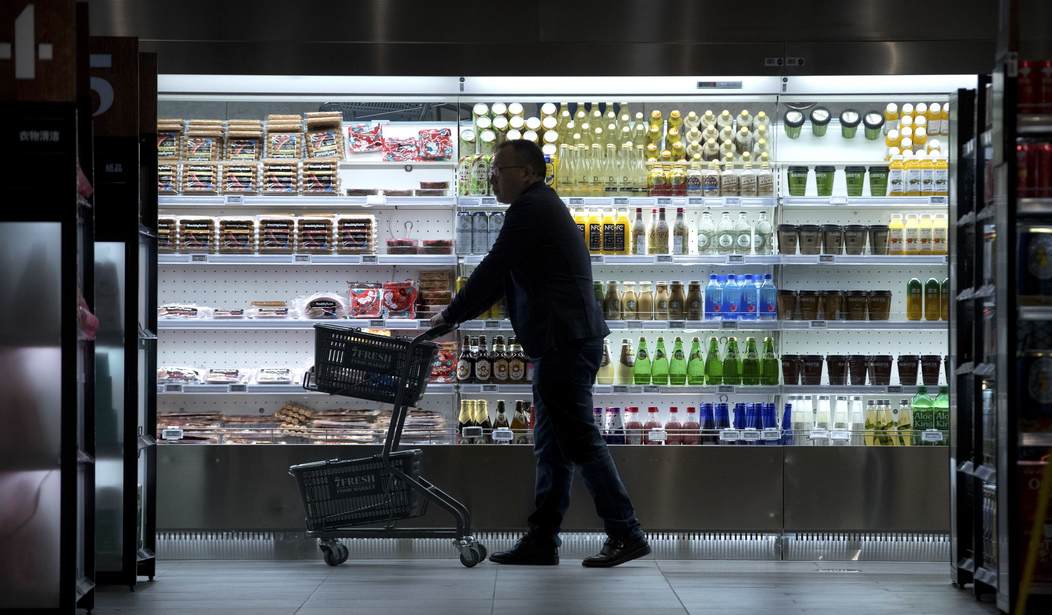Government programs are often controversial, and the Supplemental Nutrition Assistance Program (SNAP) is one that isn’t a stranger to controversy. The current question is should someone on federal assistance be able to purchase sweets like candy, cola, or potato chips? As a parent, the answer is yes. And, as someone fortunate enough to help out others – the answer is yes. In fact, having some of these items around is what may allow a child in need to feel like a part of the community – able to invite their friends over and not be embarrassed, able to understand the sweets that their friends are talking about. These things might be what makes a kid feel human. As an economist – the only real question is if the program should exist.
A lot of time the answer to this question is going to be no, but there are not many bureaucrats that will ever come to that answer. Ronald Reagan summed up this idea best, “The war on poverty created a great new upper-middle class of bureaucrats that found they had a fine career as long as they could keep enough needy people there to justify their existence.”
However, assuming that Congress isn’t going to end the SNAP program - what food should be eligible or not is not the important question. In fact, asking what should be available or not available is an invitation for cronyism, favoritism, and corruption.
With that in mind, there is currently an effort by a handful of members of Congress to impose restrictions on the types of items some may purchase at the grocery or convenience store. That’s because a handful of members are championing the so-called “Healthy SNAP” Act, which would restrict the ability for beneficiaries of the Supplemental Nutrition Assistance Program (SNAP) from using their benefits to purchase things like sweetened or unsweetened soft drinks, snacks, and similar types of products.
This legislation is billed as a way to promote a healthier diet among those that rely on these benefits. This is an incorrect description. In reality, it is just a way for the government to use its power to decide who wins and loses in the grocery market – and as Reagan said – enough work to justify the existence of the bureaucracy.
Recommended
If the goal is to promote as healthy a diet as possible, maybe these lawmakers should retool their approach to only allow fresh and organic fruits and vegetables to be covered through SNAP. Perhaps in the future lawmakers will seek to require only 90/10 beef to be covered to ensure people only purchase ground beef with a low fat content? Vitamins also promote a healthy life but aren’t covered by SNAP, under the logic of the bill sponsors, shouldn’t that change? Or, what about a certain certification of organic that only the government can dole out?
We all share the desire for people to eat a balanced and well-rounded diet, which may include the occasional Coke or Ho-Ho. Let’s trust people to consume these snacks and beverages in moderation.
Thankfully, the idea to restrict the purchase of certain products appears to be stuck in the mud. That’s because the champions of this bad idea were angling to include this in the 2024 Farm Bill, a major law that governs America’s agricultural and nutrition programs. The Farm Bill was just unveiled at the end of May and clocks in at almost 950 pages with a lot of dense provisions. Noticeably absent are provisions to restrict SNAP purchases.
The decision to not include that provision is a win for consumers, and market forces. It means consumers can continue to put their money to use that best fits their or their family’s needs.
At the end of the day, we should be exploring ways to wean people off of SNAP, or again as Reagan said, “We should measure welfare's success by how many people leave welfare, not by how many are added."
Charles Sauer (@CharlesSauer ) is the president of the Market Institute. He has previously worked on Capitol Hill, for a governor, and for an academic think tank.

























Join the conversation as a VIP Member